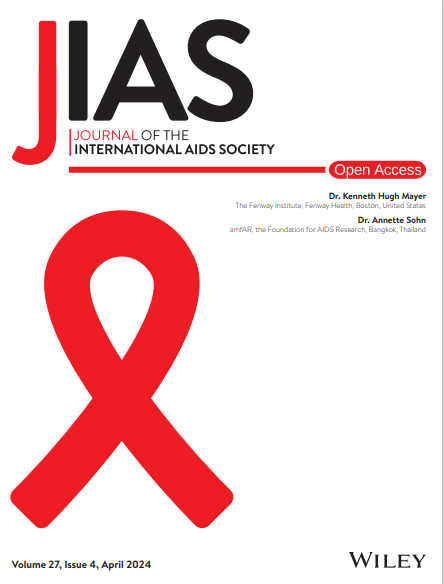Epidemiological impact and cost-effectiveness analysis of PrEP provision expansion among MSM in the Netherlands
Abstract
Introduction
Several European countries show potential for pre-exposure prophylaxis (PrEP) provision expansion, with many men who have sex with men (MSM) on waiting lists. In the Netherlands, approximately 15,000 PrEP-eligible/intending MSM are awaiting PrEP access. We modelled the epidemiological and economic impact of extending PrEP provision considering several PrEP provision routes (National PrEP Programme and alternative PrEP providers).
Methods
We calibrated our HIV transmission model among the Dutch MSM epidemic. PrEP was expanded from 2022 onwards, covering an additional 3000 MSM on the waiting list and in addition one-third (5000), two-thirds (10,000), and all (15,000) PrEP-eligible/intending MSM by 2024, compared to a non-expansion scenario. The epidemiological impact was projected by 2030. Costs were calculated from a third-party payer's perspective over 40 years with Dutch-specific quality-adjusted life years (QALY). Additionally, a budget impact analysis was performed over 5 years.
Results
Covering the 3000 waiting-list MSM, one-third, two-thirds and all PrEP eligible/intending MSM by 2024 will avert 17 (5.7%), 46 (15.2%), 88 (29.1%) and 115 (37.9%) cumulative new HIV acquisitions compared to the base-case scenario. Consequently, 4, 2, 0 and 0 new HIV acquisitions will result by 2030, respectively. The epidemiological impact of PrEP expansion is sensitive to the users’ PrEP adherence, but overall minimal by PrEP targeting strategies, given the strongly declining epidemic. Increasing the National PrEP Programme's capacity incurred more costs to the payer (short-term budget impact ranging from €2.25 to €45.29 million). PrEP expansion can be cost-saving when all PrEP-eligible/intending MSM are covered and fully provided by alternative PrEP providers, with an incremental cost-effectiveness ratio of −€2160/QALY over 40 years. This scenario dominated over all other scenarios. Our cost-effectiveness analysis is most sensitive to the individual co-payment for PrEP-related testing when accessing PrEP via alternative PrEP providers and on-demand PrEP use.
Conclusions
Expanding PrEP coverage is crucial to reduce HIV acquisitions further and reach zero new acquisitions by 2030. As the Dutch National PrEP Programme reached capacity limits, PrEP expansion through alternative routes should be encouraged. Nevertheless, balancing out-of-pocket expenses and reimbursed care is key for healthcare equity.


 求助内容:
求助内容: 应助结果提醒方式:
应助结果提醒方式:


